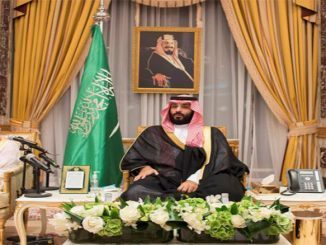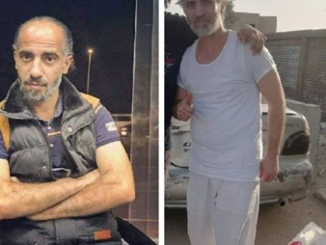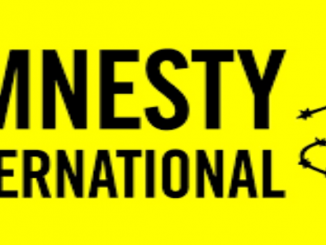
After a meeting between the two leaders last week during the G20 summit in Hangzhou, China, Australia’s Prime Minister Malcolm Turnbull invited al- Sisi to visit Australia.
ABC -Australia’s state-owned news and funded national public broadcaster- questioned the suitability of inviting Abdel Fattah al-Sisi to Australia, due to the Egyptian regime’s abysmal record on human rights.
The ABC said that it understands that the invitation was issued after al-Sisi invited Turnbull to Egypt with the Prime Minister responding that al- Sisi would also be welcome in Australia. “No time frame has been discussed for the potential visit, “said the ABC.
However, Diana Sayed of Amnesty International said that her rights organizations had documented the Egyptian government’s continued abuses, including enforced disappearances, torture, and crackdowns on freedom of expression.
Ms. Sayed said, “Our hope and our expectation is that, should al-Sisi accept the Prime Minister’s invitation to visit Australia, human rights will have a prominent place on the agenda.”
A leading Egyptian human rights campaigner- who asked to remain anonymous -condemned the invite and said the situation in Egypt was so bad they could not be publicly identified making such remarks.”
The Cairo-based human rights activist said, “I am asking you to keep my identity anonymous because those who criticize the regime might be arrested, tortured, enforced to disappear or prosecuted and detained by the Egyptian authorities.”
The activist said civil society organizations in Egypt were being closed, their members arrested and human rights campaigners banned from traveling.
In addition, the human rights activist said, “The number of those in cells because of political charges is in the tens of thousands.”
The activist added, “I think such welcoming and invitations don’t consider the human rights violations which occur in Egypt nowadays.” “It sends a message saying that we care about our commercial and economic interests but not human rights.”
Its noteworthy that an Australian journalist was one of al-Sisi’s regime victims of the crackdown against opposition, activists and journalists.
Last September, Turnbull said his government would continue to press the government of Egypt to pardon Australian journalist Peter Greste, who spent more than a year in an Egyptian prison with his two Al Jazeera colleagues, Mohamed Fahmy and Baher Mohamed.
Turnbull said in a speech at a memorial honoring war correspondents in Canberra, “I want Peter … to know that the Australian Government continues to support you and your colleagues and we will continue to press the Government of Egypt to pardon you and the other journalists with whom you worked.”
According to ABC, “Greste said he hoped Turnbull had sought that assurance from al- Sisi in regards to his outstanding conviction, before issuing the invite.”
“al- Sisi had already taken the first step by pardoning my colleagues but I still carry the conviction and the outstanding prison sentence,” Greste told the ABC.
“I trust that the Prime Minister has agreed to the meeting on the unequivocal understanding that Egypt is now ready to clear the names of all who remain convicted, including myself. “I am looking forward to formal confirmation.”
The ABC asked Turnbull’s office if they had sort those assurances from al- Sisi but it declined to comment.
Since the military coup led by General Abdel Fattah al-Sisi against Egypt’s first democratically elected president Mohamed Morsi in July 2013, Egypt has once again become a nasty, repressive regime.
The military regime has launched massive crackdown against human rights: torture, deaths in detention, forced disappearances, restrictions on civil society, the imprisonment of journalists and restrictions on freedom of expression.
Almost 40,000 Egyptians have been arrested by the regime since the military coup for opposing the regime and their participation in protest. During the first days of the coup between July and August, more than 1,000 people were killed” when the new regime conducted clearing operations to remove Muslim Brotherhood protesters from sit-ins in Cairo.



